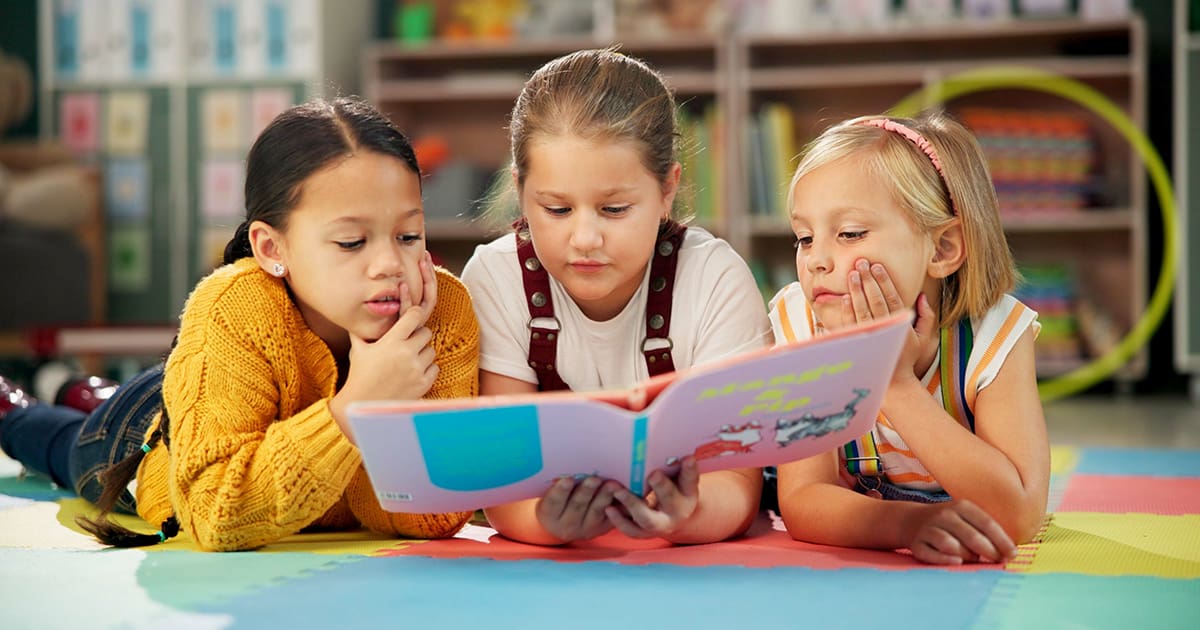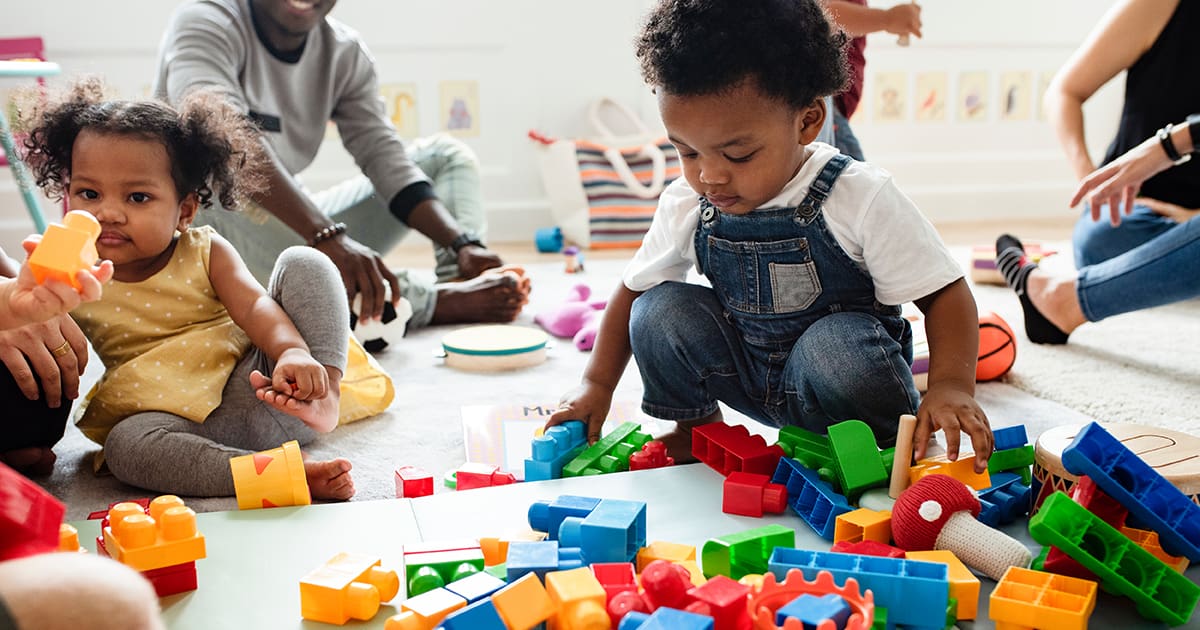Share this Post

For children with autism and other developmental challenges, navigating the social world can feel overwhelming. Everyday activities—like sharing toys, joining a group, or handling unexpected changes—often involve social cues and unspoken rules that can be difficult to interpret. This is where social stories can make a profound difference.
Social stories are more than just a series of pictures and words—they are thoughtfully designed tools that help children understand social situations, develop emotional regulation, and respond to challenges with confidence. At CST Academy, we use social stories to empower children with autism to navigate their world with greater ease. In this guide, we’ll explore how social stories work, their many benefits, and how you can create and use them at home to support your child’s growth.
What Are Social Stories?
A social story is a short, simple narrative that explains a specific situation, event, or behavior. Originally developed by Carol Gray in the early 1990s, social stories are tailored to a child’s individual needs and often include illustrations or pictures that reinforce key points. The purpose is to help children understand what to expect, how to behave, and how others might react in various situations.
Social stories are designed to be clear, positive, and supportive, providing children with the guidance they need to feel more comfortable and confident. For example, a social story might explain:
- What happens during a visit to the dentist
- How to take turns during playtime
- How to ask for help when feeling overwhelmed
By breaking down complex situations into manageable pieces, social stories provide children with a roadmap for success.
The Key Elements of an Effective Social Story
A well-crafted social story includes several key elements to ensure it is effective and easy for the child to understand:
- Descriptive Sentences: These sentences provide factual information about the situation.
Example: “When I arrive at school, I hang my coat on the hook.” - Perspective Sentences: These sentences explain how others might feel or react in the situation.
Example: “My teacher will be happy when I raise my hand to ask a question.” - Directive Sentences: These sentences gently guide the child on how to respond or behave appropriately.
Example: “I can say, ‘Can I play with you?’ when I want to join a game.” - Affirmative Sentences: These sentences provide reassurance and emphasize the importance of the behavior.
Example: “Taking turns is a kind and friendly thing to do.”
By combining these elements, social stories create a supportive framework that helps children process and apply what they’ve learned.
How Social Stories Benefit Children with Autism
Social stories are a powerful tool for promoting developmental growth in several key areas:
1. Improved Understanding of Social Expectations
Many children with autism struggle to interpret social cues, such as body language, facial expressions, or tone of voice. Social stories help clarify what is expected in different situations, making it easier for children to navigate social interactions.
Example: A social story about greeting someone might explain when to say “hello,” how to make eye contact, and what to do if the other person responds.
2. Increased Confidence and Reduced Anxiety
Uncertainty about new or unfamiliar situations can cause anxiety for children with autism. Social stories provide a clear explanation of what will happen, which helps reduce fear and build confidence.
Example: A social story about visiting a doctor can walk the child through each step, from entering the waiting room to receiving a check-up, helping them feel prepared and calm.
3. Enhanced Emotional Regulation
Social stories can teach children how to recognize and manage their emotions, especially during challenging situations. By modeling coping strategies, children learn how to self-regulate and respond more effectively.
Example: A social story about feeling frustrated might include strategies like deep breathing, counting to ten, or asking for a break.
4. Support for Transitions and Changes in Routine
Transitions—whether it’s moving from one activity to another or adjusting to a new environment—can be difficult for children with autism. Social stories provide visual and verbal cues that help ease these transitions.
Example: A social story about transitioning from playtime to mealtime might explain what is expected and how to prepare for the change, reducing resistance or meltdowns.
5. Development of Problem-Solving Skills
Social stories often present common challenges and demonstrate positive ways to handle them. Over time, children learn to apply these problem-solving strategies independently.
Example: A social story about resolving conflicts with friends might show how to use phrases like “Let’s take turns” or “Can we compromise?” to solve disagreements peacefully.
How We Use Social Stories at CST Academy
At CST Academy, social stories are an integral part of our play-based learning and therapy sessions. Our team of therapists customizes each story to address the child’s specific needs and developmental goals. Here’s how we integrate them into our programs:
- Individualized Stories: Each child’s story is tailored to their unique challenges, whether they need help with social interactions, emotional regulation, or transitions.
- Repetition and Reinforcement: We read the stories regularly and reinforce their lessons through real-life practice during playtime, group activities, or therapy sessions.
- Visual and Interactive Elements: Many of our stories include pictures, drawings, or interactive elements to engage the child and enhance understanding.
- Collaboration with Families: We provide families with copies of the social stories to use at home, ensuring consistency and support across environments.
Creating Social Stories at Home: A Step-by-Step Guide
You can create your own social stories at home to help your child navigate everyday situations. Follow these steps to get started:
Step 1: Identify the Situation or Behavior
Choose a specific situation or behavior you’d like to address, such as “going to the grocery store” or “sharing toys.”
Step 2: Gather Visuals
Collect images or drawings that represent key parts of the story. You can use photos of your child, family members, or familiar settings to make the story more relatable.
Step 3: Write Simple Sentences
Use short, clear sentences that follow the structure of descriptive, perspective, directive, and affirmative sentences.
Example:
- Descriptive: “When I go to the grocery store, I walk beside Mom or Dad.”
- Perspective: “Other people in the store like it when we walk safely.”
- Directive: “I can hold the shopping cart to stay close.”
- Affirmative: “Walking safely in the store is important and makes everyone happy.”
Step 4: Read and Review
Read the story with your child before the event or situation. Encourage them to ask questions and talk about how they feel.
Step 5: Practice and Reinforce
After reading the story, practice the behavior during real-life situations and provide positive reinforcement when your child follows the steps.
Real-Life Success Story: How Social Stories Helped Lily
Lily, a 5-year-old girl with autism, often experienced anxiety during drop-off at preschool. She would cry, cling to her mom, and resist entering the classroom. Her therapists at CST Academy created a social story that walked Lily through the drop-off routine, step by step:
- Descriptive: “When we arrive at school, I say goodbye to Mom and walk into the classroom.”
- Perspective: “My teacher is happy to see me and will help me get started with my day.”
- Directive: “I can wave to Mom and think about the fun activities waiting for me inside.”
- Affirmative: “Saying goodbye helps me start my day with a smile.”
After a few weeks of reading the story daily, Lily’s anxiety decreased significantly. She began waving goodbye without tears and eagerly joined her classmates for morning activities.
Final Thoughts: Empowering Children Through Understanding
Social stories are more than just teaching tools—they are bridges to understanding, connection, and independence. By helping children with autism navigate social situations, manage emotions, and build confidence, social stories open the door to new possibilities and milestones.
At CST Academy, we’re committed to using tools like social stories to help children thrive. Contact us today to learn more about our programs and how we can support your child’s unique journey.
Discover Our Pediatric Therapy & Autism Care
ABA Therapy
Support for children with autism.
Diagnostic Evaluation
Expert assessments to identify child needs.
Pediatric Therapy Services
Speech, Occupational, Feeding, and Physical Therapy.
Therapeutic Preschool & Kindergarten
A classroom environment designed for early learners with unique needs.

Find the Best Care for Your Child




